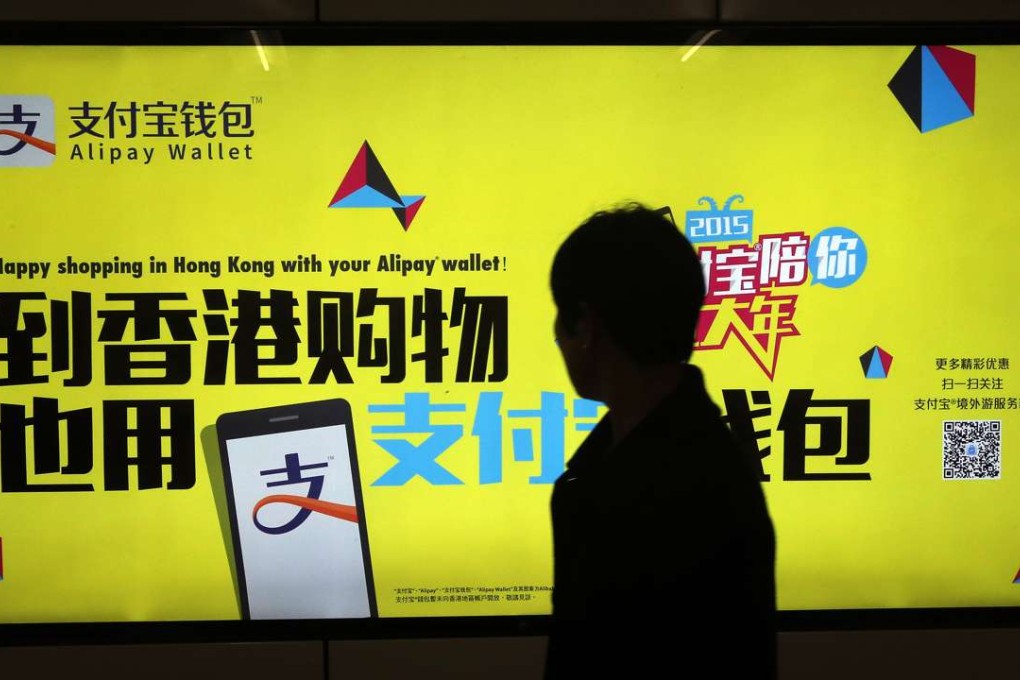Ant Financial valuation a sign of things for come for China’s fintech sector
The US$4.5 billion it raised last month was the world’s largest single private placement by an internet company

The US$60 billion valuation of Ant Financial Services following its second-round financing last month catapulted it to a lofty level on par with mainland China’s fifth-largest bank.
But it also marked a watershed for the development of China’s digital banking services, buoyed by mainlanders’ familiarity with the latest information technologies and electronic gadgets.
Ant Financial, an Alibaba Group affiliate, covers everything from online payments to asset management, insurance, credit assessment and lending and consumer finance.
The US$4.5 billion it raised from two consortiums of investors last month was the world’s largest single private placement by an internet company.
“It is the time to set the tone for the further growth of the mainland’s internet finance sector,” said Ye Daqing, chief executive of financial data provider Rong360. “People’s increasing financing demands and customer-friendly business models brought by the latest technologies will be more than enough to shrug off the gloomy sentiment.”
The sizzling growth of digital banking businesses could help close the gap on earnings figures in just a few years
About 500 million mainland residents were in increasing need of financing to improve their lives and the traditional commercial banks had yet to work out a proper model to meet their demands, unlike more flexible financial technology (fintech) firms.